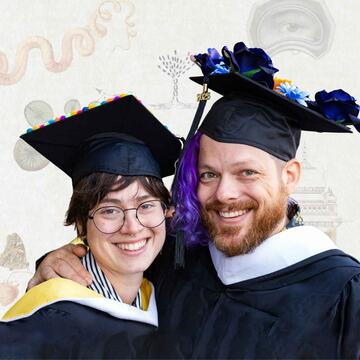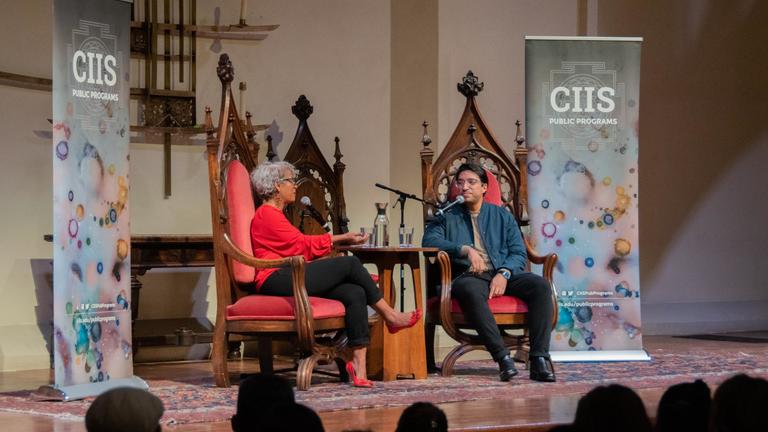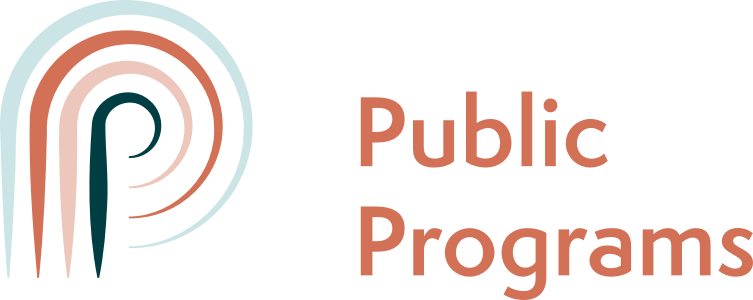A Workshop with Nicki Koethner and Suraya Keating
Opening Week Viewing & Tours
Exhibition image: Courtesy of the Kinsey Institute Library and Special Collections, George Platt Lynes, Buddy McCarthy and John Leapheart, Eastman Kodak Safety Film, 1952
On Psychedelic Initiation in Postmodern Culture
Exhibition Viewing
Exhibition image: Courtesy of the Kinsey Institute Library and Special Collections, George Platt Lynes, Buddy McCarthy and John Leapheart, Eastman Kodak Safety Film, 1952
A Conversation with Norma Kawelokū Wong and Jeanine M. Canty,
A Conversation with Lorena Saavedra Smith and Susana Bustos
Politicized Somatics for Embodied Transformation
A Conversation with Cindy Shearer and Emlyn Guiney
A Conversation with Cindy Shearer and Emlyn Guiney
A Conversation with Dr. Justin Garcia and Dr. Christopher Walling












